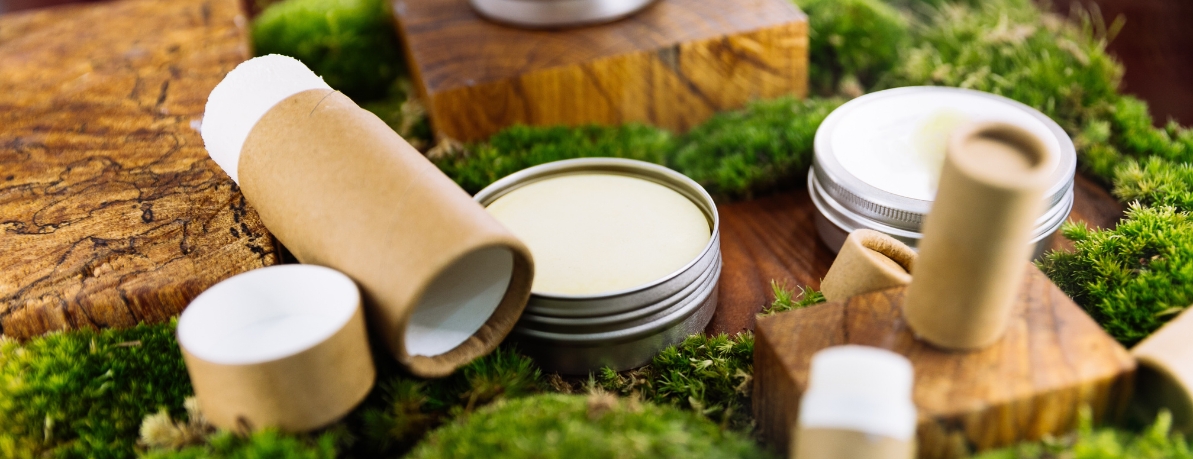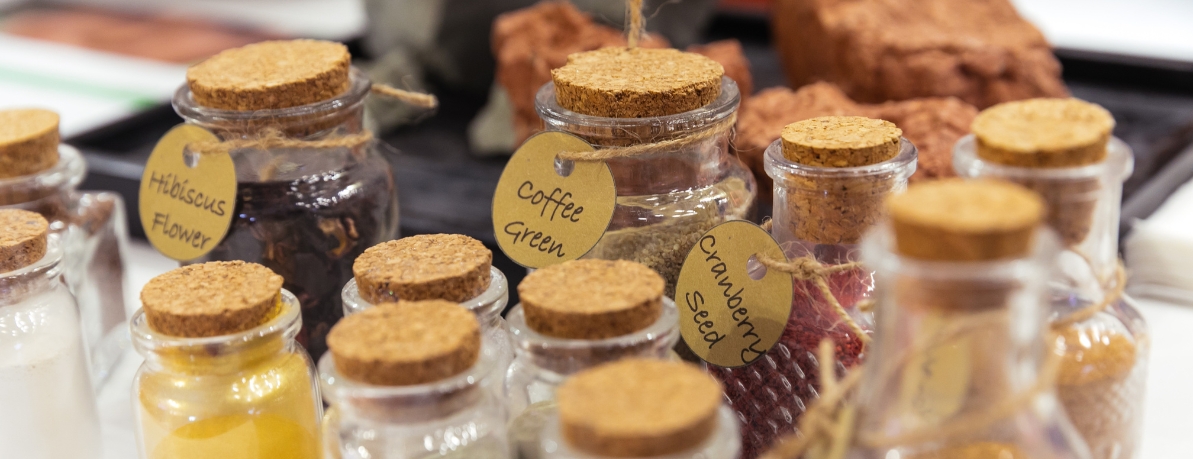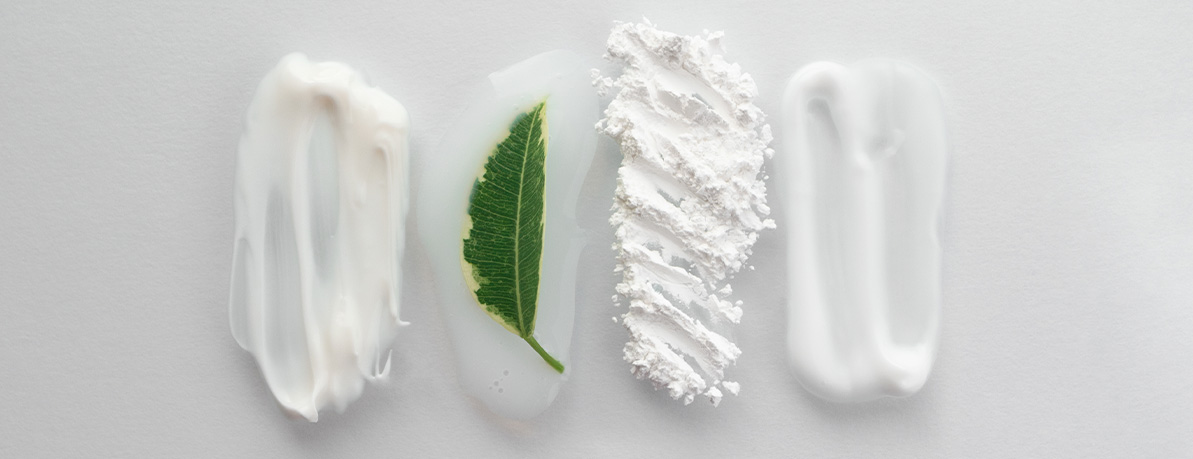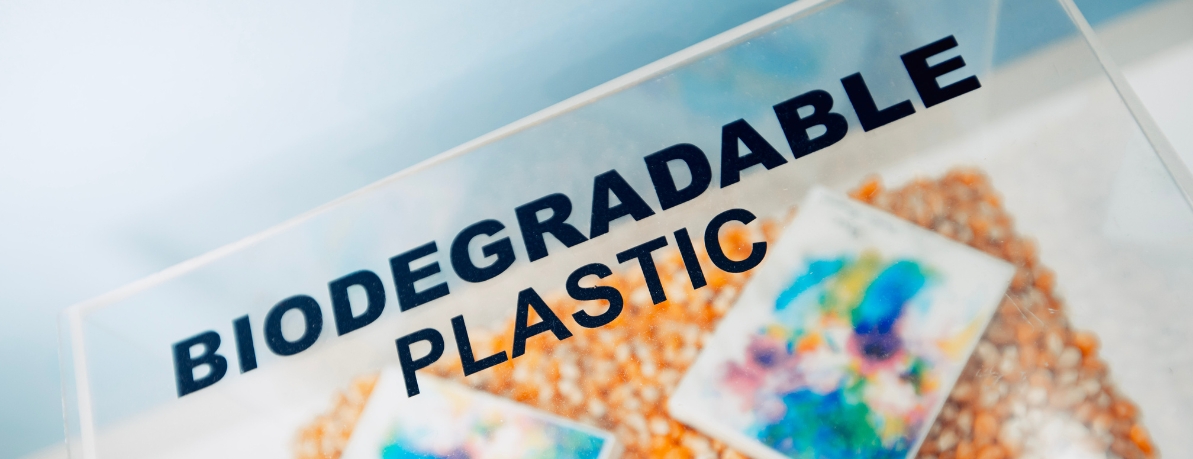NEWS > 04 June 2024
Sustainability and circularity are must-haves today for the global economy, due to the climate changes and emergencies which are threatening all countries and regions. The need for a sustainable evolution is a pillar in the agendas of governments, and specific projects and agreements are being established to guide the change. In EU regulations are becoming stricter and stricter to reduce the impact of all economic activities. The continent set specific targets for the next years, with the aim of reaching the climate neutrality by 2050. According to the European Parliament, funds invested in sustainability policies are growing, with one third of the European budget currently allocated to sustainable projects and 37% of Next Generation EU funds which should be used for low-impact industrial solutions.
In such a scenario, the main issue to solve is the lack for scientific and standard metrics to define sustainability. When struggling for lower impact solutions, entrepreneurs and stakeholders globally refer to a definition by the United Nations Brundtland Commission, which in 1987 defined sustainability as “meeting the needs of the present without compromising the ability of future generations to meet their own needs”. Among all industries struggling to achieve sustainable targets, how is the beauty industry trying to achieve this goal, and which is the role that all players in the sector are expected to play?

Circular economy and sustainability are big trends today for the beauty sector, and green ingredients have been the protagonists of the evolution of beauty supply chain for the last 2 years. Experts in the segment met at Cosmoprof Worldwide Bologna last march and discussed about the most realistic aspects of circular sourcing for ingredients and raw materials on the occasion of the round table “Green Ingredients: trends and opportunities”, which was moderated by Iveta Kovacova, Research Director of ECOVIA Intelligence, a referral in the research and analysis on natural and sustainable products industries.
Driving the industry to more sustainable ingredients is the consumer: “When using beauty products people want to feel better, and green ingredients can help the consumer feeling better while combining a healthy skin with a healthy planet”, underlined Marios Vlachogiannis, Senior Product Manager & Co-founder of Coffeeco, a brand using coffee waste to produce their cosmetics. “Choosing sustainable raw materials helps companies sharing a good story with their customers, and when you have a good story for your brand you can have more committed and loyal customers. Communication is a strategic element when choosing green solutions”.
“The market is asking for products which are not only safe for the skin, but also for the environment. This scenario creates big opportunities for researchers who can look for new materials coming from bio-technology, fermentation, bio-mass, upcycling or green chemistry”, highlighted Benedetta Suardi, Scientific director of KIKO S.p.A. “There is a big space for software houses for the development of new tools to help measuring the impact of a product, too, because data can give us a real vision and can facilitate defining a strategy for the future”.
“Specific regulations and metrics are vital , because green ingredients must become scalable”, echoed Mark Smith, Director General of NATRUE - The International Natural and Organic Cosmetics Association. “For this reason, it will be essential to share transparent details to finished product brands who buy sustainable ingredients. In the future, new regulations will create common conditions for consumers to choose products with common standards. Purchasing sustainable products will be easier”.
The European regulation will have a positive effect on the improvement of green sourcing processes for raw materials in beauty, but this is not enough. As underlined by Olivier Garnier, EMEA sales manager of Sytheon, a company offering innovative cosmetic active molecules inspired by Nature: “Normalization of sustainability is a big challenge. Regulations are not the same in EU, USA or China, which follow different rules and standards. Even certifications are not enough to authenticate low impact ingredients, because most of times they are based on self-assessments by companies. In the end, sustainability is about ethic, and telling the truth to your clients, stakeholders, and consumers”.

Circularity in a compulsory target for the beauty industry, and there are many solutions today which could help achieve the goal. This is what emerged from one of the round tables of Cosmoprof Worldwide Bologna 2024 entitled “Resource Revolution: inventing a circular supply chain”, moderated by Deanna Utroske, Beauty industry thought leader of DeannaUtroske.com.
Lots of achievements to reduce carbon foortprint in beauty have been made already, anyway the path is long and tortuous. “We have to be realistic”, emphasized John Morgan, Founder & CEO of Evoke Sustainable Packaging, during the panel discussion. “Over the last decade or so there has been a lot of activities in all fronts throughout the value chain, and lots is still happening. We are trying to set a solid infrastructure, yet we are not at that level we can truly benefit from that. Our industry needs to start again from scratch. We have worked basing on fossils and linear supply chain for decades, but now we all realize that this scenario is not more sustainable and relevant in the world we live now. This is where the real challenge starts”.
“For packaging it is possible to build a circular supply chain, but not for all its aspects. The most important element is to reinforce collaboration among all players of the supply chain, involving materials’ producers, converters, brand owners, recyclers, and waste management. Brands have then to take up their responsibility towards consumers, and make sure that all pieces of the process are consistent”, highlighted Carlo Andriolo, CEO of Aliplast SPA, a company of the HERA Group, leader in Europe in the recycling and processing of plastics.
The role that beauty brands should play in the circular economy has been perfectly described by Boris Oak, CEO and founder of EVOLVh Haircare and RUVI Skincare. The company prioritizes circularity in their supply chain. They exemplify this commitment through their sourcing approach for a key ingredient harvested in the Amazonian jungles of Peru. Boris collaborated with an organization supporting local fruit harvesters in the Amazon by providing climbing gear and training. This ensures the sustainable harvesting of fruit for their prized fruit oil, while preserving wild palms and supporting indigenous harvesters' livelihoods across South America. “To play a role into the sustainable evolution of the beauty industry, we noticed as a brand that there is not a single solution, but great flexibility is required”, explained Oak. “We decided to work closely with raw materials’ suppliers, looking for circular components. It is essential to develop relationships with raw ingredients’ manufacturers, understanding where your ingredients are coming from and their complete life cycle. Anyway, sourcing sustainable raw materials in not enough. Brands have to keep working on storytelling and consumers’ education, being transparent on their practices and staying true to their philosophy”.

A scientific approach is needed when struggling for a circular supply chain, and metrics are the undeniable elements to reinforce the sustainable revolution in beauty. Today, measurement tools to study the impact of industrial processes are still being developed. “Metrics are still evolving to match to the different sustainable solutions which are characterising our sector, such as bio-based alternatives”, said Laura Tirkkonen-Rajasalo, Co-founder and Chief Compliance Officer of Sulapac Ltd, a company specialized in sustainable materials replacing plastic. Metrics can help selling sustainable processes and making them scalable. “Bio-based materials and new low-impact solutions may have a higher cost at the moment, but with volumes growing and processes becoming more efficient, costs will be coming down, making the sustainable solutions more accessible to brands outside the premium and luxury markets”, highlighted Tirkkonen-Rajasalo. “What is noteworthy is that while the price point might still require some flexibility from the brands’ side, we make sure that no compromises are needed when it comes to functionality or aesthetics. Circularity is not only related to recycling: the real challenge is to understand whether the latest solutions are safe for both consumers and the planet throughout the lifecycle, and what is the environmental impact of a product at the end-of-life in different scenarios”.
“The conversation on circularity in supply chains has focused a lot on packaging, because it is the most obvious sector that people think about concerning end-of-life and sustainable solutions, but formulation and ingredients are strategic elements, too”, emphasized Matthew Perkins, Founder and CEO of Macro Oceans, a startup transforming seaweed into low-carbon chemicals for use in materials, food, cosmetics and many other applications.
Macro Oceans is a seaweed biotechnology company transforming sustainably farmed seaweed into a range of low-carbon chemicals for the beauty, food, and materials industries.
Seaweed science is helping the beauty industry transition away from petrochemicals, and it is one among the multiple biotech solutions which are reinventing the ingredient supply chain. “Fossil fuels need to be replaced, and this can lead to new opportunities”, highlighted Perkins. “It is important for beauty brands to be part of the climate solution. Brands should try to change the way we work and produce, and look for something different to change their impact and present sustainable products, which today are very well-received by consumers”.
More supply options are needed, and brands should ask for more sustainable solutions in their supply chains. “Brands must be more ambitious and think about how products are made and their impact”, underlined again Perkins. “If they adopt this approach, they can make things change and be active players of a big evolutions towards a more transparent and scalable sustainability in beauty”.

When speaking about sustainability, the Nordic countries are a symbol of how environmental sustainability, together with tech adoption, can impact on everyday life and improve the life and health of individuals.
The featured guest in an another episode of CosmoFactory podcast was Johanna Rönkkö, CEO at Nordic Beauty Inc, an import and export company introducing global brands to the Nordic marketplace, and Nordic brands to the global marketplace. Rönkkö is also Founder of two skincare brands: NOBE and Scandy. “In the northern part of Europe, we all share the same values when it comes to sustainability: clean ingredients and clean beauty are common concepts. Local populations have a strong and vital connection with nature and non-contaminated areas such as forests. We have thousands of virgin lakes, too: only Finland has 150, 000 lakes and you can almost drink the water from the lake. When looking for beauty products, it’s no surprise that people in Northern Europe appreciate brands with really good ethics behind them, which are obviously vegan and cruelty free”, confirmed Rönkkö during the podcast episode.
Are you looking for more updates on how the beauty industry is turning to circularity and 0-waste processes? Don’t miss the CosmoFactory Podcast – from Ideas to Innovation, the brand-new podcast by Cosmoprof Worldwide Bologna, and discover the most disruptive experiences which are driving the evolution of the cosmetics industry towards sustainability!
